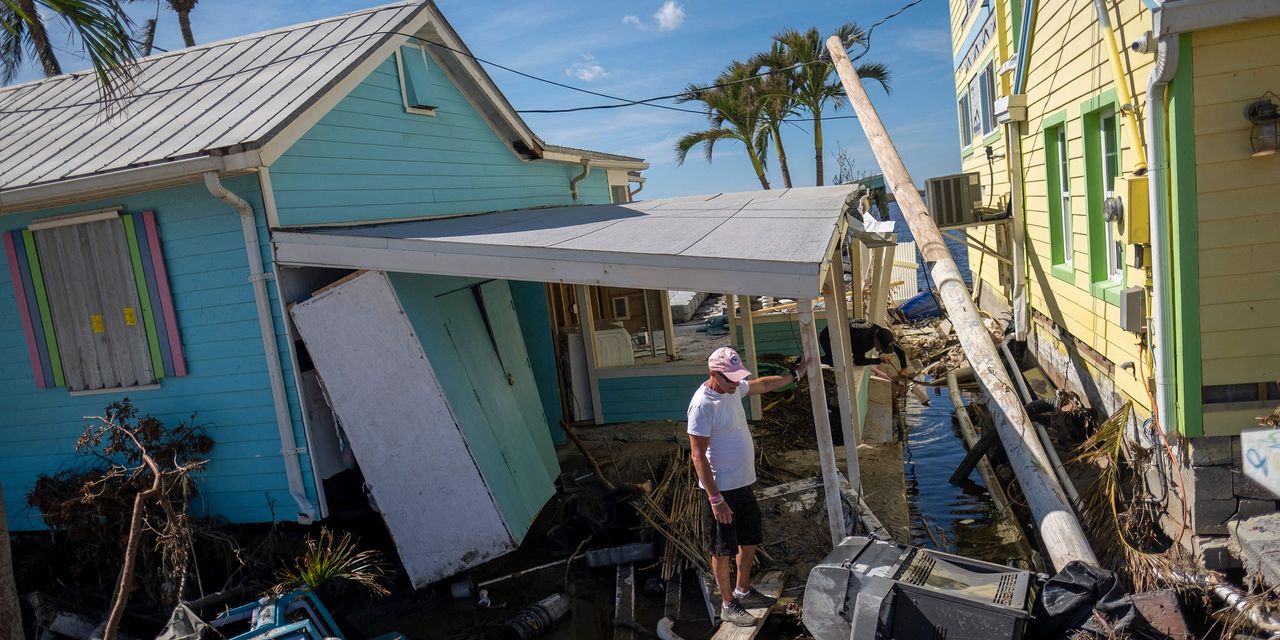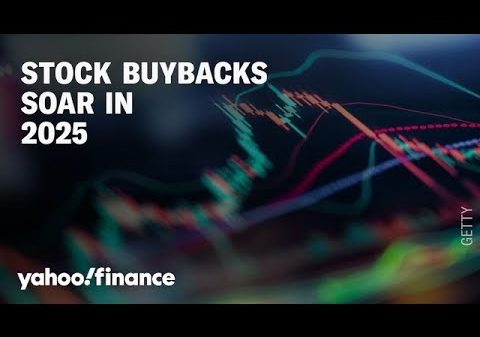As the 2023 hurricane season begins, the insurance industry is bracing for the losses it might bring. It could be time to put your money on reinsurers, rather than primary insurers.
Bank of America analysts lowered their forecasts of earnings for most property and casualty insurance companies ahead of the summer hurricane season, following the heavy rain, strong winds, hail, tornadoes, and Canadian wildfires that have marked the past few months. Reinsurance companies, which charge insurers premiums to help cover losses above certain levels, are more appealing, they said in a research note Friday.
Over the past six months, the cost of reinsurance for property catastrophe policies have surged as increasingly severe natural disasters and high inflation pushed them to charge more to cover the losses. As a result, some primary insurers had to cut their reinsurance coverage and shoulder more catastrophe risk themselves. This means that if major hurricane damage happens in 2023, primary insurers will likely face a bigger financial hit than in the past few years, according to the analysts.
What is more, the U.S. has seen a lot of mid-sized catastrophes from March through June this year. Losses associated with these events are heavily borne by primary insurers themselves because reinsurance coverage usually only kicks in when more severe disasters happen.
Reinsurer stocks are already on the rise. Year to date, U.S.-listed reinsurers––measured by a market-weighted index of
Arch Capital
(ACGL),
AXIS Capital
(AXS),
Everest Re
(RE) and
RenaissanceRe
(RNR)––have gained 9.5%. The primary insurers––measured by an index of
Allstate
(ALL),
Chubb
(CB), The Hartford (HIG), Travelers (TRV), and
W.R. Berkley
(WRB)––lost 10.9% over the same period.
The outperformance, at more than 20 percentage points, was fairly unusual because the groups have tended to track each other closely over the long term, the report said. Still, the analysts believe reinsurers’ stocks have more room to run.
Everest Re and RenaissanceRe, two big players in the industry, currently trade at only six to seven times the consensus forecast for their 2024 earnings per share, while primary insurance firms Chubb and Travelers are priced at 10 times their 2024 earnings.
Low interest rates over the decade caused a surge of investment into insurance-linked securities, which competed against reinsurers for catastrophe coverage, and allowed primary insurers to buy such protection at an “arguably artificially low price,” wrote the analysts.
As interest rates climbed over the past year, reinsurers have gained more market power to price their products at desired levels. Although the Federal Reserve’s rate hikes have paused for now, as long as Treasuries yields remain in the 3.5% to 4.5% range or higher, the BoA analysts expect reinsurance pricing to stay elevated. It could last until next year, they wrote.
There have been concerns that if a major hurricane strikes during the summer, reinsurers’ balance sheets would be diminished by the large losses and their stocks would drop.
There is even a “summer trade” strategy, which suggests that short-term investors could profit by selling the reinsurers at the beginning of the hurricane season, in July or August, and then buying them back more cheaply in October or November.
There is little evidence that would work, the BofA analysts wrote after examining the historical performance of the group. Over the past two decades, on average, reinsurer stocks have both appreciated in value and outperformed the
S&P 500
from July to October, they found.
Investors should be cautious about such short-term trades, the analysts warned. “While it is possible to trade around hurricane fears and short-term seasonality, success in these short-term trades requires one to be incredibly nimble, being the first to sell (hoping others sell after) and being the first to buy back (hoping others buyback after),” they wrote.
If anything, they argue, a major hurricane would likely inject more fear to the market, pushing primary insurers, many of which suffered big catastrophe losses last year, to buy more reinsurance in preparation for next year.
Write to Evie Liu at [email protected]
Read the full article here











